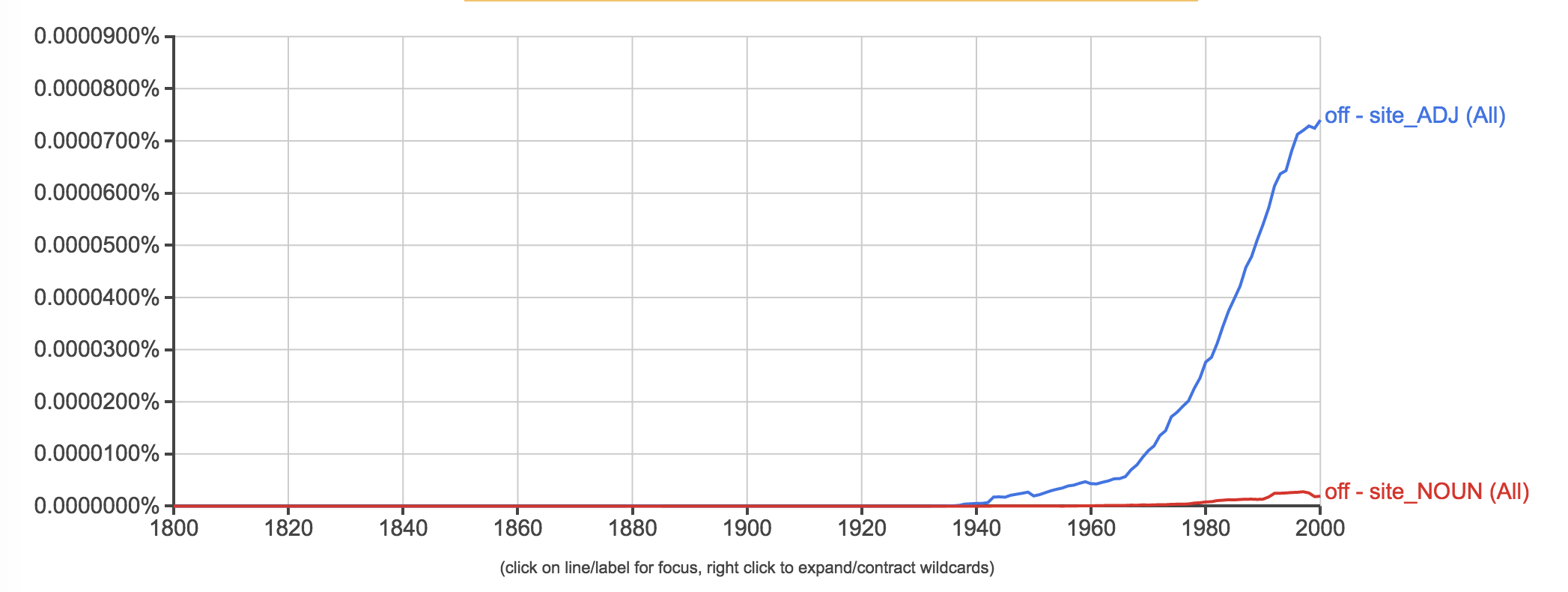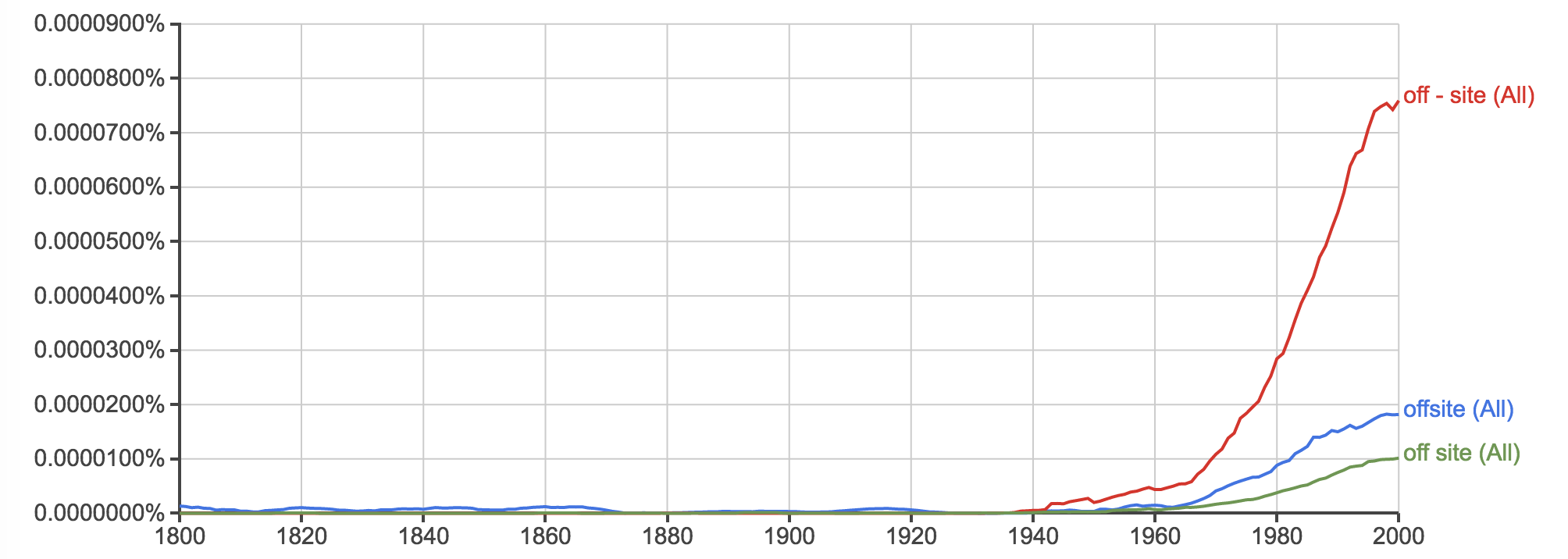Native Russian translators have trouble translating one stock phrase which means "a meeting of an administrative body (Parliament, State Council, etc.) conducted not at the body's usual location".
Say, some Council members travel to the Orenburg Region and the President travels to the same location, and there they hold a meeting. The Russian journalistic stock phrase for this is "выездное заседание".
Vyezdnoe is an adjective derived from the verb "vyezshat" = "to depart from somewhere". Zasedanie is meeting. Here's how it is translated on the Russian Presidential website:
Vladimir Putin chaired a visiting meeting of the State Council's presidium
Yet on another page a similar meeting is translated thus:
The NATO-Russia Council’s permanent representatives will hold an away meeting on July 4
Both translations do not seem very idiomatic to me, but I'm not a native speaker of English. How would a native speaker describe such a meeting?
There is an old discussion of the phrase on a translators' forum.
I was translating a news report today and picked one option mentioned in that thread, "out-of-headquarters session". When a news mentions a particular factory, say, one clearly can choose "on-site meeting", but in my short report, there was no mention of the place of meeting at all. This is sometimes a key hurdle when translating "выездное заседание".
Maybe it is prudent in some cases just to drop the phrase, since it is clear that the State Council is not based in the Orenburg Region and that NATO representatives do not usually conduct their meetings in the Black Sea resort city of Sochi - this is not their standard meeting place. But when there is no mention of the meeting place, and the phrase is used merely to indicate that the President and some Parliament members met not in the "default" meeting place, it is not so easy.
P.S. An expression occured to me: "a meeting in departure" - like "a trial in absentia". I know that there is no such expression in English but if it existed it would have been somewhat similar to the Russian original.


